Description
The juice is a rich source of vitamin B and C. It protects the skin from oxidative damage and helps in preventing pruritus. Lemon juice is one of the best naturals for scurvy and serves as a refrigerant in febrile and inflammatory affections and acute rheumatism. It is recommended as a gastric stimulant, to relieve dyspepsia, flatulence, nausea, vomiting and cramps and sunstroke and in bringing chronic diarrhoea and dysentery under control. It is valuable as a cooling drink in fevers, and for allaying thirst. The rind is useful in dysentery and indigestion. The high potassium content of lemons will encourage the heart action and lemons are a useful tonic for anyone with heart problems.
Recommended Dosage
Juice : 6 to 12 ml; Rind : 1 g powder.
Contraindication
The fruit has no known warnings or contraindications.
Health Benefits of Lemons
The Alkalizing Powerfood
Lemons are acidic to the taste, but are alkaline-forming in the body. In fact they are one of the most alkaline-forming foods; this makes them great for balancing a highly acidic condition in the body.
Lemons are a favorite all over the world and an essential food in kitchens everywhere.
“We are living in a world today where lemonade is made from artificial flavors and furniture polish is made from real lemons.” –Alfred E. Newman
16 Health Benefits of Lemons:
1. Lemons are alkalizing for the body: Lemons are acidic to begin with but they are alkaline-forming on body fluids helping to restore balance to the body’s pH.
2. Lemons are rich in vitamin C and flavonoids that work against infections like the flu and colds.
3. Your liver loves lemons: “The lemon is a wonderful stimulant to the liver and is a dissolvent of uric acid and other poisons, liquefies the bile,” says Jethro Kloss in his book Back to Eden. Fresh lemon juice added to a large glass of water in the morning is a great liver detoxifier.
4. Cleans your bowels: Lemons increase peristalsis in the bowels, helping to create a bowel movement thus eliminating waste and helping with regularity. Add the juice of one lemon to warm water and drink first thing in the morning.
5. Scurvy is treated by giving one to two ounces of lemon juice diluted with water every two to four hours. In 1747, a naval surgeon named James Lind cured scurvy with fresh lemons. To this day, the British Navy requires ships to carry enough lemons so that every sailor could have one ounce of juice a day. In the past, lemons were replaced with limes; this is where the English got their nickname “limeys.” Watch this video: “Scurvy Pirates and the Lemon of Love”
6. The citric acid in lemon juice helps to dissolve gallstones, calcium deposits, and kidney stones.
7. Vitamin C in lemons helps to neutralize free radicals linked to aging and most types of disease.
8. The lemon peel contains the potent phytonutrient tangeretin, which has been proven to be effective for brain disorders like Parkinson’s disease.
9. In India, Ayurveda medicine values the lemon as a fruit and for its properties. It is sour, warm, promoter of gastric fire, light, good for vision, pungent and astringent.
10. It destroys intestinal worms.
11. When there is insufficient oxygen and difficulty in breathing (such as when mountain climbing) lemons are very helpful. The first man to reach the top of Mt. Everest, Edmund Hillary, said that his success on Mt. Everest was greatly due to lemons.
12. Lemons have powerful antibacterial properties; experiments have found the juice of lemons destroy the bacteria of malaria, cholera, diphtheria, typhoid and other deadly diseases.
13. Blood vessels are strengthened by the vitamin P (bioflavinoids) in lemon thus prevents internal hemorrhage. Also, making it useful in treating high blood pressure.
14. The symptoms of eye disorders, including diabetic retinopathy have been shown in research to improve due to the rutin, found in lemons.
15. Lemons contain 22 anti-cancer compounds, including naturally occurring limonene; oil which slows or halts the growth of cancer tumors in animals and flavonol glycosides which stop cell division in cancer cells.
16. According to The Reams Biological Ionization Theory (RBTI), the lemon is the ONLY food in the world that is anionic (an ion with a negative charge). All other foods are cationic (the ion has a positive charge.) This makes it extremely useful to health as it is the interaction between anions and cations that ultimately provides all cell energy.
History, Trivia and Interesting Lemon Facts:
- Fashionable ladies used lemon juice as a way to redden their lips during the European Renaissance.
- The lemon is a small evergreen tree native to Asia (as well as the fruit that grows on the tree).
- The lemon is thought to have originated in the Indus Valley (a Bronze Age civilization in South Asia) because of a lemon-shaped earring from 2500 BC found by archaeologists in the area.
- Lemons have been in cultivation around the Mediterranean from as early as the first century AD.
- Lemon trees produce fruit all year round. One tree can produce between 500 and 600 pounds of lemons in a year.
- Once upon a time lemons were presented as gifts to kings because they were so rare.
- California and Arizona produce 95 percent of the entire U.S. lemon crop.
Lemon Nutrition:
- Lemons contain vitamin C, citric acid, flavonoids, B-complex vitamins, calcium, copper, iron, magnesium, phosphorus, potassium, and fiber.
- Lemons contain more potassium than apples or grapes. Potassium is beneficial to the heart.
| See the table below for in depth analysis of nutrients:Lemon (Citrus limon), fresh, without peel Nutrition Value per 100 g (Source: USDA National Nutrient data base) |
||
| Principle | Nutrient Value | Percentage of RDA |
| Energy | 29 Kcal | 1.5% |
| Carbohydrates | 9.32 g | 7% |
| Protein | 1.10 g | 2% |
| Total Fat | 0.30 g | 1% |
| Cholesterol | 0 mg | 0% |
| Dietary Fiber | 2.80 g | 7% |
| Vitamins | ||
| Folates | 11 µg | 3% |
| Niacin | 0.100 mg | 1% |
| Pantothenic acid | 0.190 mg | 4% |
| Pyridoxine | 0.080 mg | 6% |
| Riboflavin | 0.020 mg | 1.5% |
| Thiamin | 0.040 mg | 3.5% |
| Vitamin C | 53 mg | 88% |
| Vitamin A | 22 IU | 1% |
| Vitamin E | 0.15 mg | 1% |
| Vitamin K | 0 µg | 0% |
| Electrolytes | ||
| Sodium | 2 mg | 0% |
| Potassium | 138 mg | 3% |
| Minerals | ||
| Calcium | 26 mg | 3% |
| Copper | 37 µg | 4% |
| Iron | 0.60 mg | 7.5% |
| Magnesium | 8 mg | 2% |
| Manganese | 0.030 mg | 1% |
| Zinc | 0.06 mg | 0.5% |
| Phyto-nutrients | ||
| Carotene-߸ | 3 µg | – |
| Carotene-a | 1 µg | – |
| Crypto-xanthin-ß | 20 µg | – |
| Lutein-zeaxanthin | 11 µg | – |
How to pick a good lemon:
- Heavier lemons will have the most mineral content and sugar, thus thick-skinned lemons will be lighter than thin-skinned lemons and will have less sweetness and fewer minerals.
- The ones with the most juice will have finely-grained texture peels.
- Lemons should be fully yellow; the ones with green tinges have not fully ripened and will be very acidic.
- Over-ripe lemons will have a wrinkling look, soft or hard patches and will not be a vibrant yellow.
- Lemons stay fresh kept at room temperature (not in sunlight) for about seven to 10 days; or store them in the refrigerator crisper for about four to five weeks.
How to use lemons:
- “When life gives you a lemon… squeeze it, mix it with six ounces of distilled water and drink twice daily.” –Jethro Kloss in his book Back to Eden
- A bowl of fresh lemons will add fragrance and color to a room for days.
- Alkalize with lemon water.
- To reducing sodium intake, squeeze fresh lemon on salads, steamed vegetables, soups and stews.
- Roll a lemon on the counter a few times before squeezing to maximize the amount of juice.
- Lemon juice can be stored for later use by putting freshly squeezed lemon juice in ice cube trays until frozen, then store them in containers in the freezer.
- Dried lemon zest should be stored in a cool and dry place in an airtight glass container.
- The zest of fresh lemon is a wonderful addition to cakes, cookies and in vegetables.
- Finally…try a Lemon Facial Cleanser …as recommended by Dr. Oz.
“When life gives you lemons, make grape juice and let the world wonder how you did it.” –Tori Truax
Lemon Cautions:
- Pure lemon juice contains acid which is harmful to tooth enamel. Always dilute with water before drinking it.
- Lemons that are not washed properly, like the ones you get in restaurants, may include potentially pathogenic microbes.
لیموں، نمبو
ماہیت ۔
اس کے درخت درمیانی قد کے جھاڑ نماہوتے ہیں ۔پتے گہرے سبز لمبوترے گولائی لئے ہوئے اس کے پتوں کو مل کر دیکھاجائے تو کھٹاس سی معلوم ہوتی ہے ۔ پھول چھوٹے چھوٹے سفید رنگ کے خوبصورت اور خوشبودار پھل گول گول سبز رنگ کے جن کا چھلکا پتلااور بعض کو موٹا ہوتاہے۔ان کے پکنے کے بعد رنگ زرد ہوجاتاہے۔اندرسے مالٹے کی طرح مگر چھوٹا اور اندرسے سفید رنگ کے تخم قدرے لمبوترے ہوتے ہیں ۔اگر تخم پر سے چھلکا اتار دیاجائے تو اندرسے سفید نکلتے ہیں ۔
لیموں کے اکژپودے سال میں دوبار پھل دیتے ہیں موسم برسات کے آخر میں پھول اور پھل لگتے ہیں اس کی کئی اقسام ہیں لیکن کاغذی لیموں بہترین قسم ہے ۔ اس کا چھلکا پتلالیکن رس زیادہ ہوتاہے۔اس کی کئی اقسام ہیں تخم ،آب چھلکالیموں بطوردواء مستعمل ہیں ۔
مقام پیدائش ۔ پاکستان و ہندوستان اور بنگلہ دیش کے ہر حصہ میں کاشت کیاجاتاہے۔
مزاج ۔ آب لیموں سرد درجہ دوم خشک درجہ اول ۔
افعال ۔ آب لیموں مبرد ،مفرح ،جالی ،مقطع ،ملطف اخلاط غلیظ دافع تپ موسمی دافع حدت صفراء ،ہاضم ،دافع سموم ،مقوی معدہ ،مشہتی تخم لیموں مفرح نافع ہیضہ ۔
پوست چھلکا لیموں ۔قابض ۔مقوی معدہ ،مفرح اور مطیب دہن۔
استعمال بیرونی ۔
مقطع و جالی ہونے کی وجہ سے بیرونی طور پراستعما ل کرنے سے جلد کو میل کچیل سے صاف کرتاہے اور بہق سیاہ کلف داد کے زائل کرنے کے لئے یا دیگر ادویہ کے ہمراہ بطور معین استعمال کیاجاتاہے۔دافع سموم ہونے کی وجہ سے سانپ بچھو بھڑ وغیرہ کے کاٹے کے مقام پر لگانے سے آرام اور سکون ہوتاہے ۔اور رس پلانے سے سموم کا دفعیہ ہوتاہے۔
آب لیموں مقامی طورپر مقام گزیدہ پر لگانے سے کیڑے مکوڑوں اور مچھروں کے زہر کو دفع کرتاہے اور اس کے عرق میں چاکس حل کیاہوا جست کے ظرف میں آشوب چشم کو نافع ہے۔
آب لیموں مبرد اور مفرح و دافع حدت صفراء ہونے کی وجہ سے موسمی بخاروں میں اس کی سکنجین خام یا پختہ بناکر پلاتے ہیں ۔جس سے بخار کی حرارت اور پیاس کم ہوجاتی ہے اور قلب کو فرحت حاصل ہوتی ہے۔آب لیموں دال ترکاری پر نچوڑ کر کھایاجاتاہے۔جس سے معدہ کو تقویت ہوجاتی ہے۔قوت ہاضمہ کی اعانت ہوتی ہے۔دافع حدت صفراء ہونے کی وجہ سے قے اور متلی کو دفع کرتاہے۔جوکہ صفراء کی وجہ سے لاحق ہو ۔معدہ کو قوی کرتا۔ بھوک خوب لگاتاہے۔مرض سکروی کا شافی علاج ہے۔
ملیریابخار میں لیموں کو نمک اور سیاہ مرچ لگا کر چوسنا حرارت کم کرتاہے۔ہیضہ میں لیموں کا رس ایک تولہ پیاز کارس ایک تولہ کافور ایک رتی ملاکردن میں تین چار بار استعمال کراتے ہیں ۔
تخم لیموں کامغز نکال کر مرض ہیضہ میں استعمال کرایاجاتاہے۔اپنی تریاقیت اور تفریح کی وجہ سے فائدہ بخشتاہے بریان تخم قابض ہونے کی وجہ سے دستوں کو بندکرتاہے تخمہ کو مفیدہے۔
پوست لیموں ۔
مقوی معدہ اورمفرح قلب ہے ہونے کی باعث امراض معدہ اور امراض سموم ہونے کی وجہ سے وبائی نزلہ میں شرباًو کلاًمفیدہے۔تازہ پوست لیموں کے چھلکوں سے روغن لیموں حاصل کیاجاتاہے۔جوکہ نفخ شکم کیلئے مفیدہے۔
لیموں کا اچار۔
یہ اچار بڑھی ہوئی تلی کیلئے بہت مفید اور اپنی تریاقیت کی وجہ سے وبائی امراض اورہیضہ وغیرہ سے محفوظ رکھتاہے۔معدہ میں تیزابیت کو بڑھاتاہے حس کی وجہ سے ہلکا ملین ہے ۔بھوک بڑھاتاہے اور ہضمہ کو تیز کرتاہے۔
یہ اچار بڑھی ہوئی تلی کیلئے بہت مفید اور اپنی تریاقیت کی وجہ سے وبائی امراض اورہیضہ وغیرہ سے محفوظ رکھتاہے۔معدہ میں تیزابیت کو بڑھاتاہے حس کی وجہ سے ہلکا ملین ہے ۔بھوک بڑھاتاہے اور ہضمہ کو تیز کرتاہے۔
فوائد خاص ۔ مسکن حدت صفراء مقوی معدہ۔
مضر۔سردمزاجوں اعصاب کے لئے ۔
مصلح ۔ شکرسفید چینی ۔
بدل ۔ نارنج
مقدارخوراک ۔ لیموں کا جوس چھ گرام ۔ لیموں چھلکا و تخم بیج ۔لیموں ایک گرام




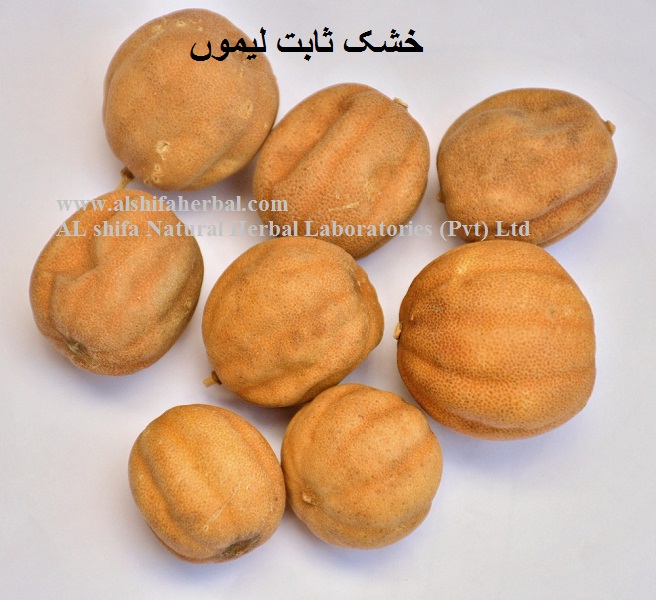
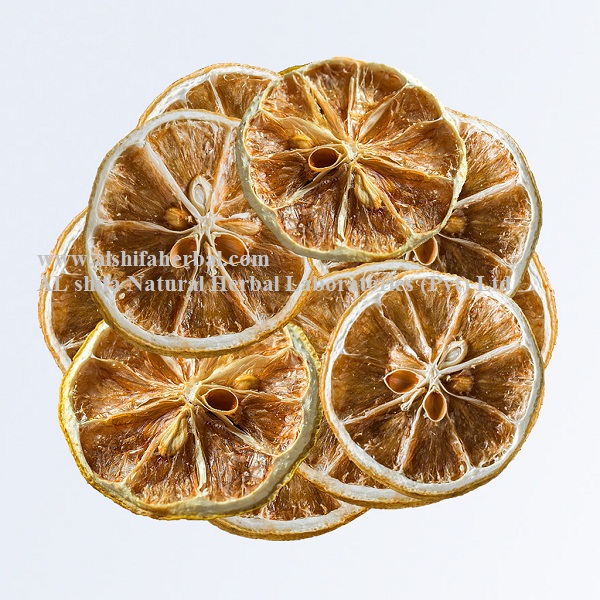
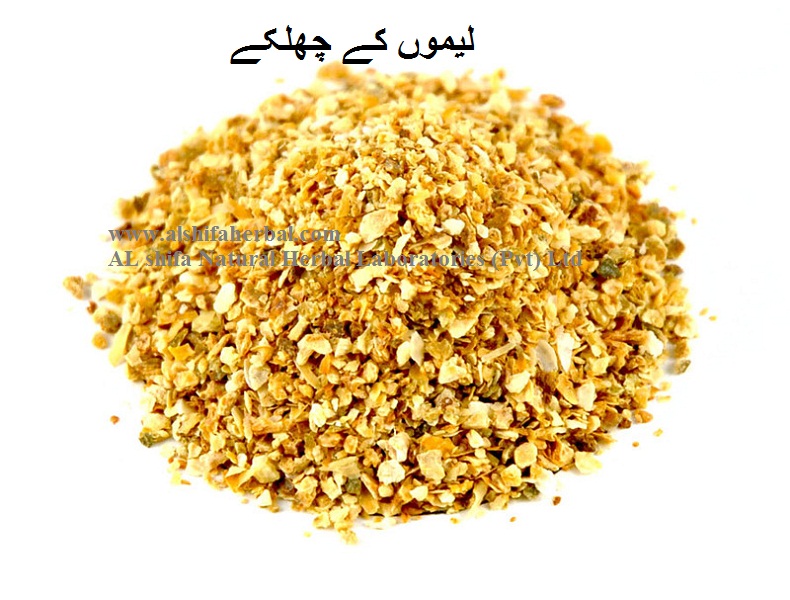
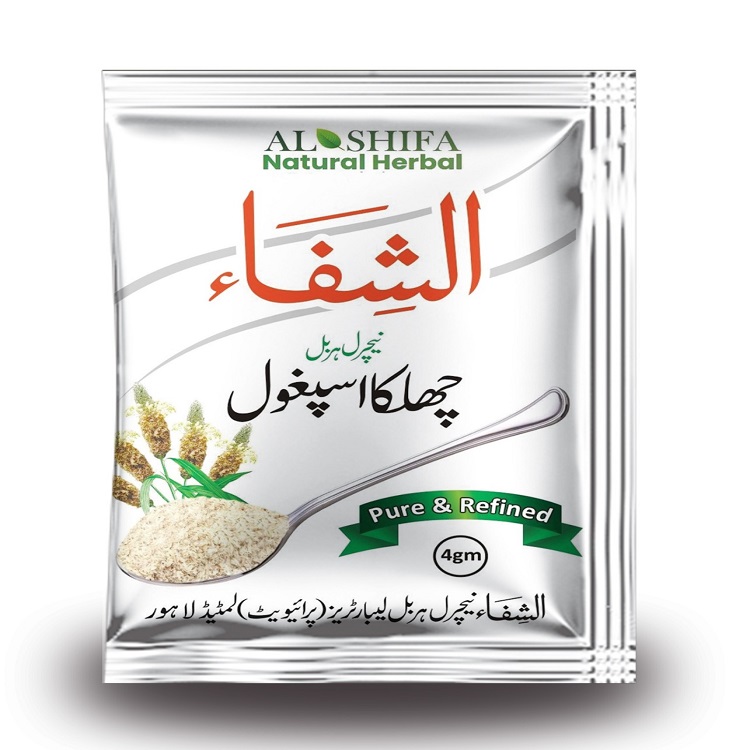



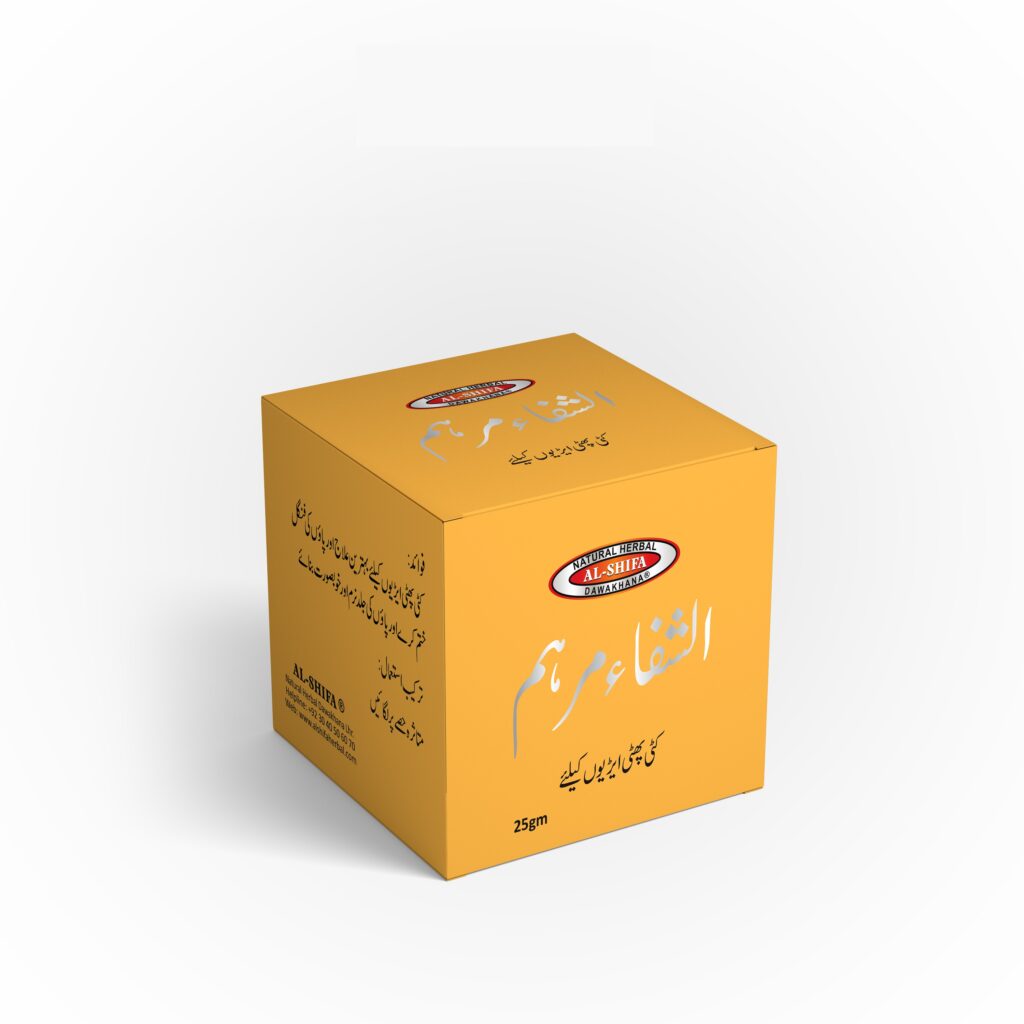
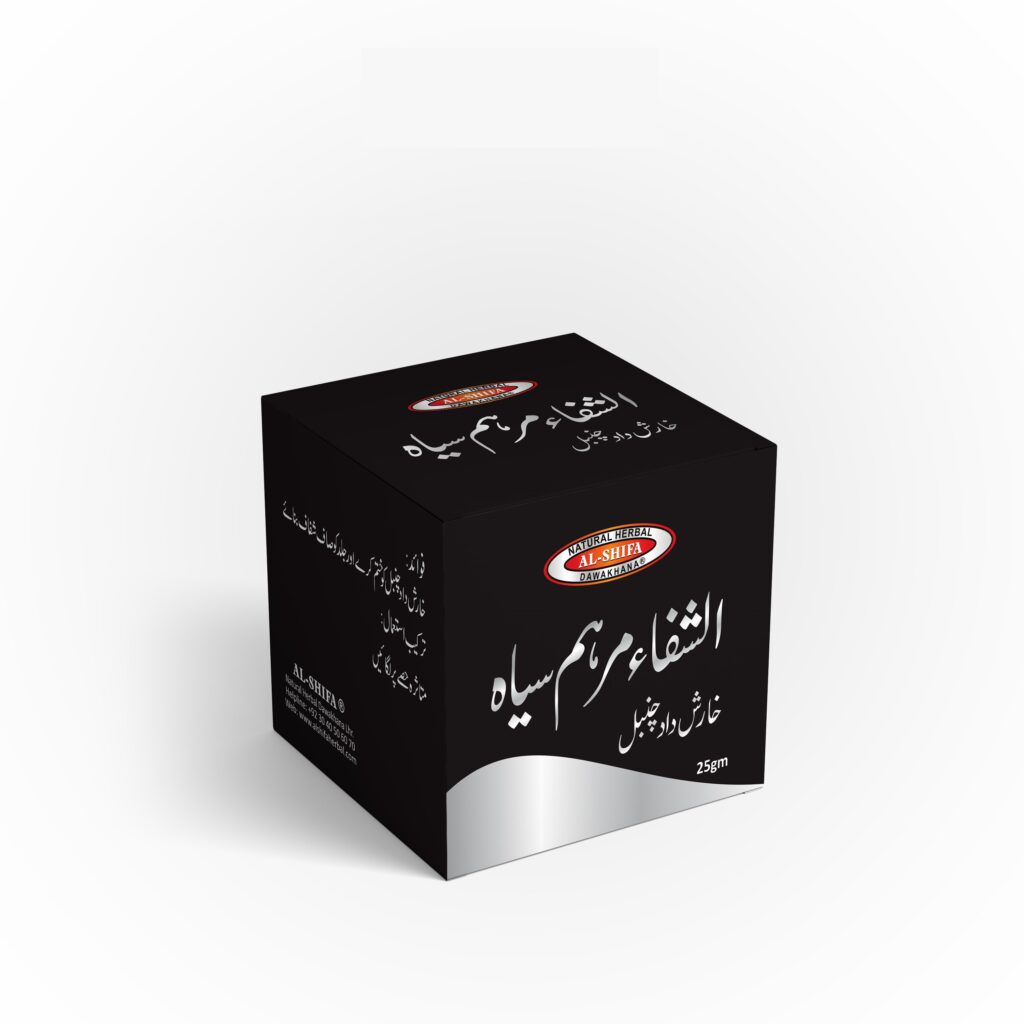
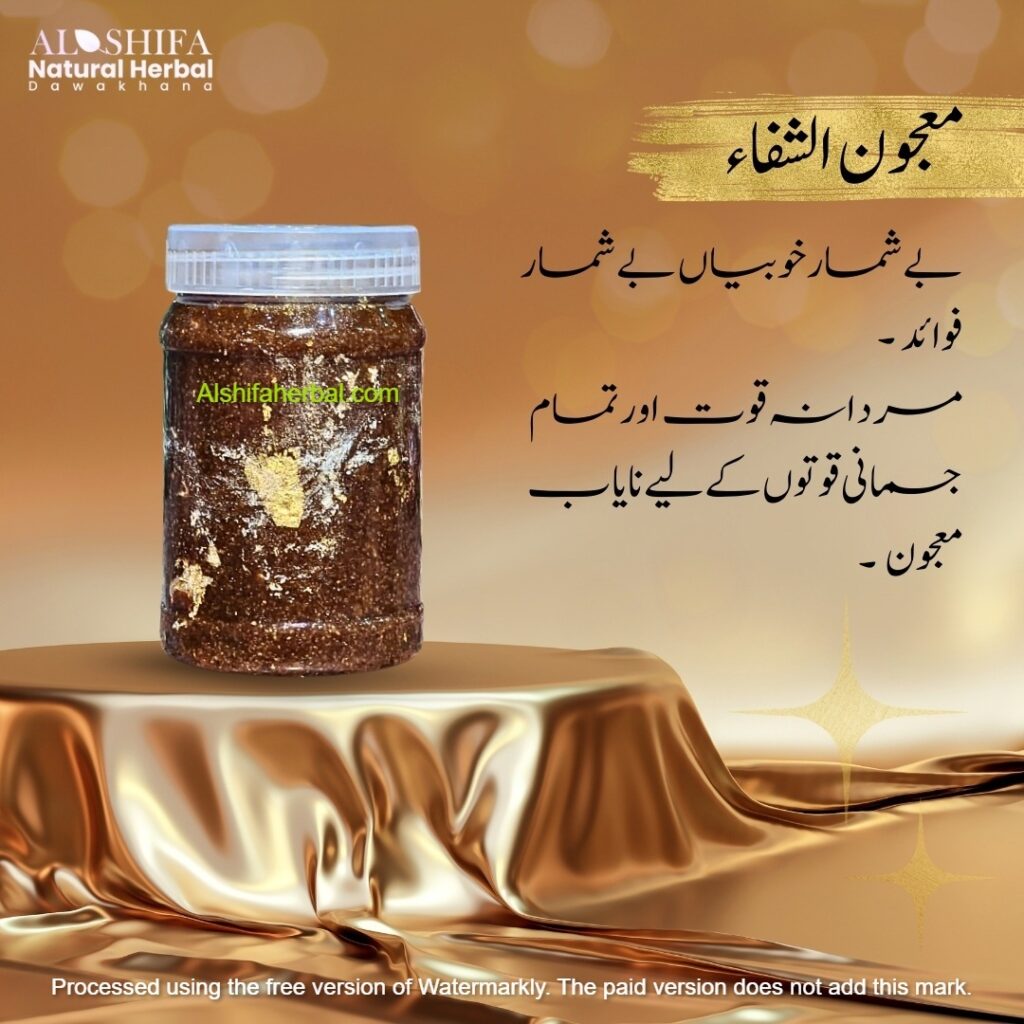
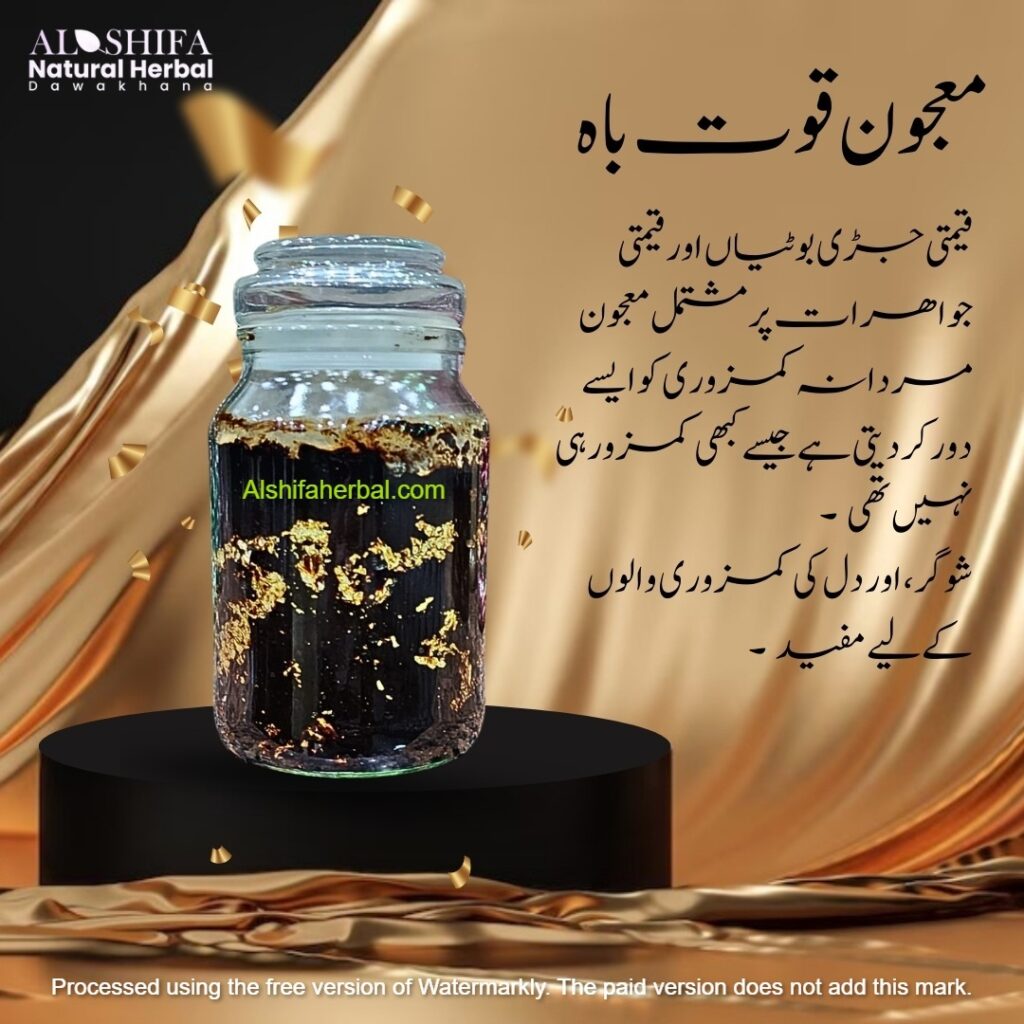
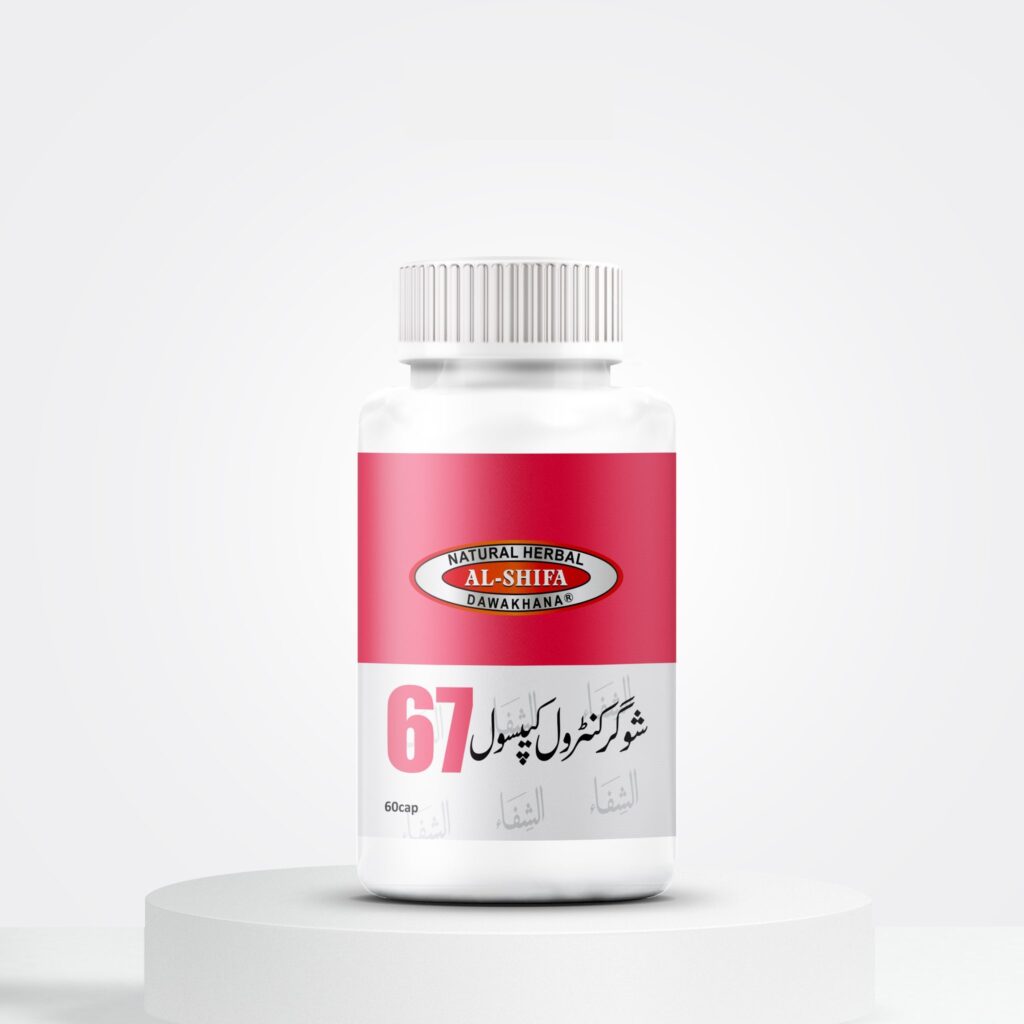



Reviews
There are no reviews yet.